London Poems
péage
péage
No prayers nor bells: we shoot in scuttling shells
up and down the line. We go and return,
passing Arras, Béthune and Neuve Chapelle,
the Bois de Noulette, Messines and the Marne.
From Calais, past Flesquieres and Verdun,
with only the Alps in mind, we hurtle
through demented days, dusks gilded by sun
and black rain, in skirmishing battles
of the road. Through grey-day pallor we see
the brown, wide-open acres where they fought;
and sense the eerie emptiness reploughed.
At night, headlamps flare and brake lights bleed
sudden fear of hasty death into my heart,
spearing the tensioned tedium like a dart
whose aim is true, then redirected, then gone.
All around here they died for us;
now they lie under stones etched and erected
to the left and right, at Mametz and Loos;
at Langemarck, Vendhuile, Cambrai and Lens;
on either side of this paid-for auto-route,
dotting countryside, cresting horizons.
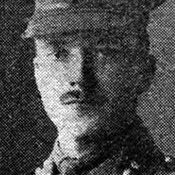
Between Le Touret and Richebourg L’Avoue,
on land once used by field ambulances,
thirteen thousand men of no known resting
place are remembered. It’s ground holding
my great uncle Jack, too. There, inside a fence,
under mown lawns, lies John Wesley Davies,
31, of the Royal Welch Fusiliers.
Further on, teams of gleaming windmills now stand
where once cold trenches were dug. In place of mud
and bloody hell, turbines mourn in silence:
generating clean warmth, dry light, hot food.
These are monuments also: testaments
to doomed youth on euro no man’s land.
In volleys to and fro, we, the fragments
of dead men’s shattered futures, pass fast and
glide, stuttering only at péage
queues. In our comfortable distress, our health
and holidays, our years, we have the breath
they did not have. In our petty rages
we drown the fading echoes of their cries,
their tender patience, their lingering goodbyes.
December
December
Passing through Denmark Hill and Peckham Rye
on the warm, late-running 15.05
from Farringdon, the single-amber sun
skims across the roof tops and behind
leafless trees. As the cold daylight thins,
and while the wintry sunset glow survives,
silver jet-trail cuts score the evening sky.
Wild Strawberries
Wild Strawberries
When Mum leaves the clean-kind nursing home,
and joins Dada in the cold Merstham grave
dug in chalk and clay a dozen years ago,
and rests with him on the lives they gave,
in his strong bare-boned frame, consummate,
beside people with whom they spent their days,
the snowdrops she worked hard to propagate,
and the road, I will plant wild strawberries.
I will plant them in the re-turned strip:
beneath the headstone, and the uncropped grass,
beyond the reach of absence, kinship,
fear, and the dismantling. In the balance
wild strawberries will root, grow, and fruit red
out of the love they made and left unsaid.
High Tide
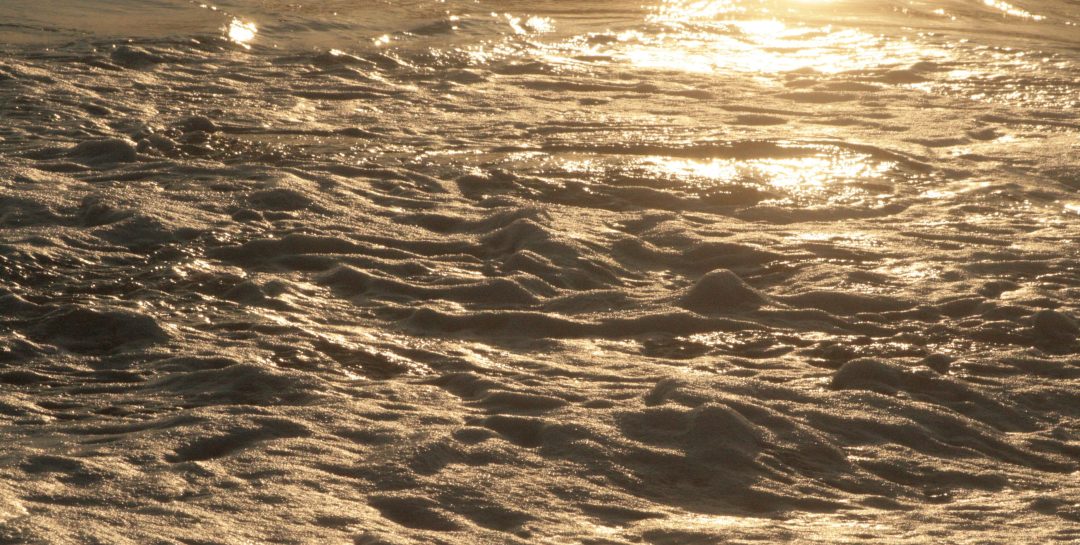
High Tide
The tide is on the turn, it’s being held.
Waves still come: sailing in and heaving sighs,
marching up to whisper rushed hellos,
and breathe farewells. The popping surf, switching tack,
glazes the foreshore, brushes left and right,
and slopes off, jostling for position.
Seascapes are a constant animation:
a restless sum of nature’s forces equalled.
The water fell quite quietly last night
and flowed again as dawn light streaked the sky.
At noon, the tide crouched, ready to attack:
now it’s swollen, a greenish-blue wallow.
It moves with single-minded pace. It’s slow,
sometimes: always it changes. Stormy seasons,
clashing with the lunar almanac,
heap the sand dunes and lay the bevelled
pebble shores; they carve headlands and high
chalky cliffs. The tide moves with terrifying might,
milling the shingle in a twice daily rite,
flooding salt-marshes and sluicing shallow
pools. Twice it leaves the broad beaches dry:
twice a day it soaks them. With devotion,
twice a day, the estuary is filled:
twice it drains away, twice the seaweed black
and knotted is lifted swaying from the rocks.
In succession, twice a day, the aqua-flight
is grounded. In sheltered spots, barnacled
boats are tied to weedy moorings. Flags billow,
buoys bend and seagulls play on the ocean-
going breeze. On sunny days bathers lie
or swim; others walk their dogs, fish, or fly
leaping kites. This sea, now taut, will slacken.
Having paused for fugitive reflection,
it will ebb. It doesn’t want to end the fight
but ancient orders tell it where to go.
The tide, its authority sapped, will be quelled.
High above, creating and reflecting light,
hang heavenly things: below is motion.
I stand back, then drift away, unsettled.
The Lake and the Isle
The Lake and the Isle
Tomorrow I’ll go home for the last time.
Unanswered memories will I have there:
of games I played, books I read, trees I climbed;
of flint, creosote, and Parker Knoll armchairs.
For I enjoyed some peace there: peace contained
in Airfix planes; fresh and frozen blackberries;
and a barefooted bee-sting in the garden
created by the two I love, and who loved me.
Tomorrow, van and man on hand, I’ll
empty the place I’ve known for fifty years.
A sideboard, a table, and a box of figurines will
be exchanged for all that’s disappeared.
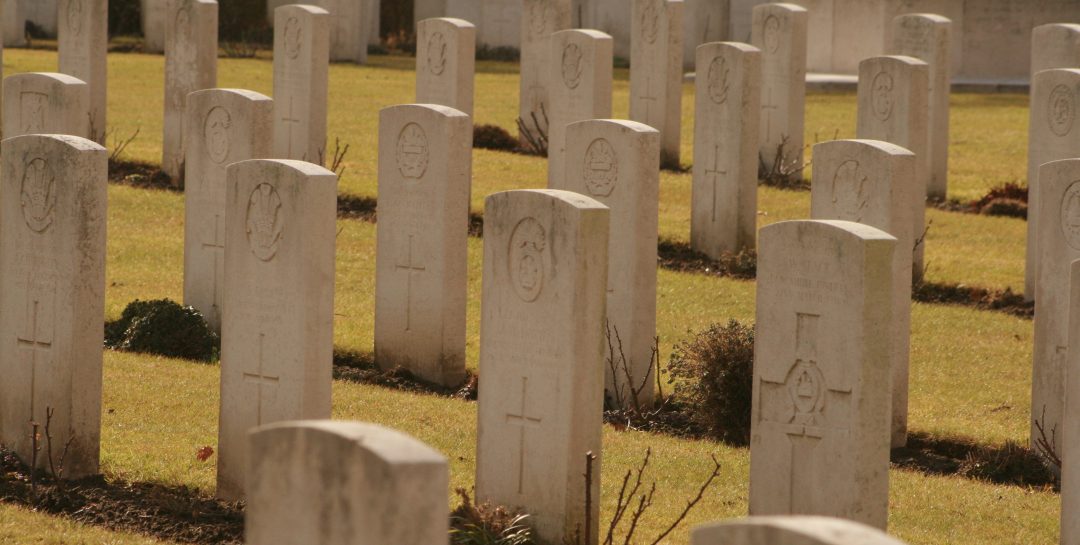
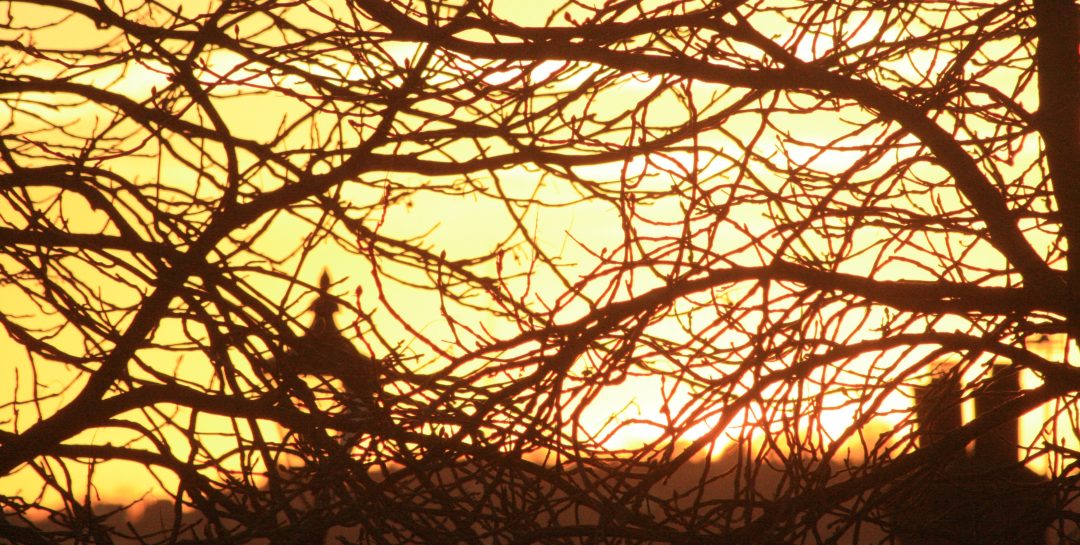
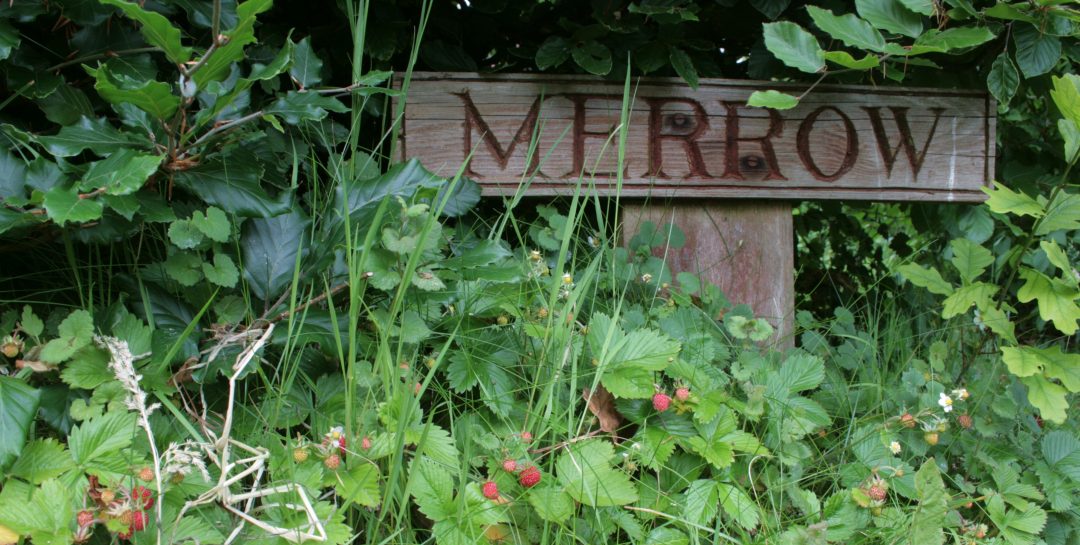
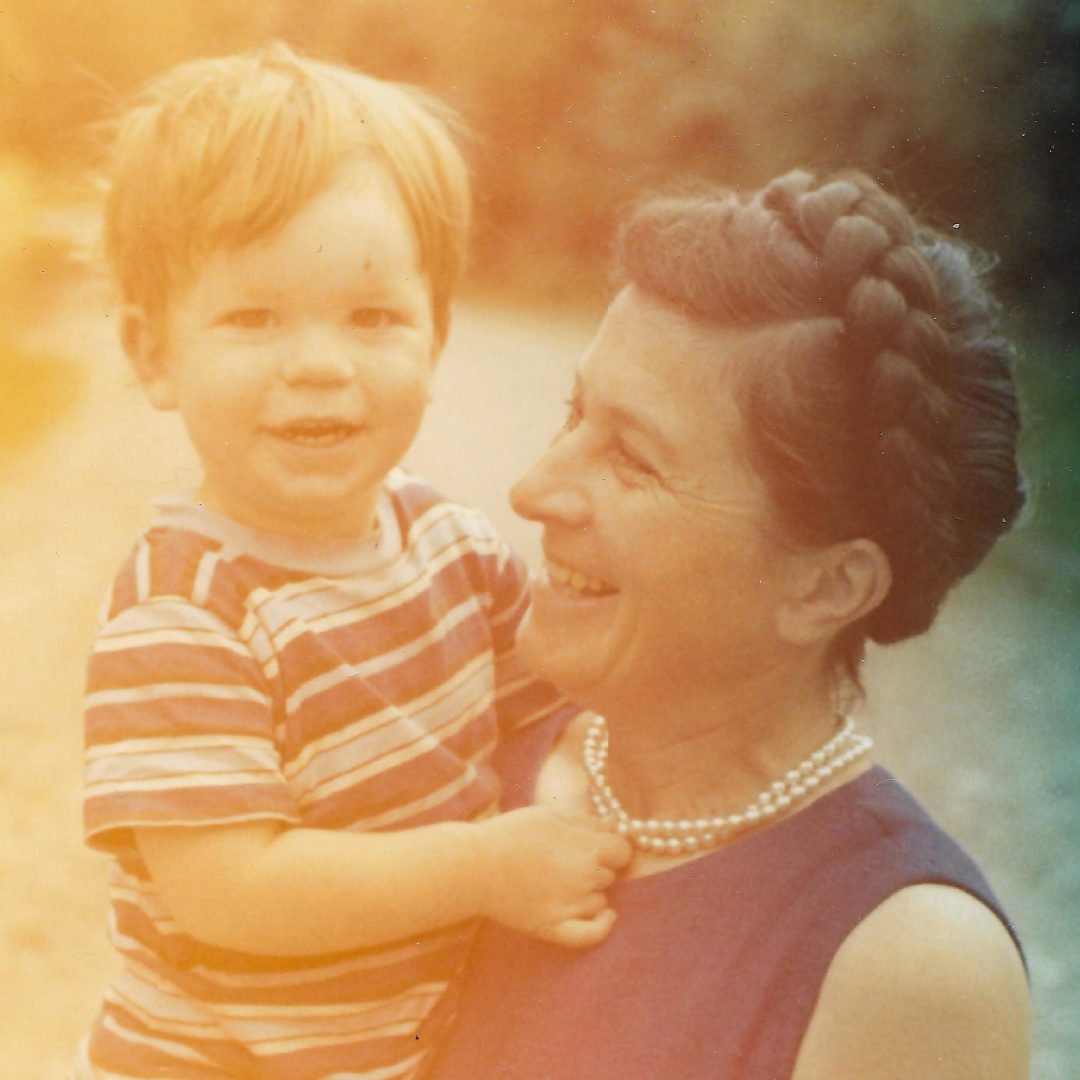



Recent Comments